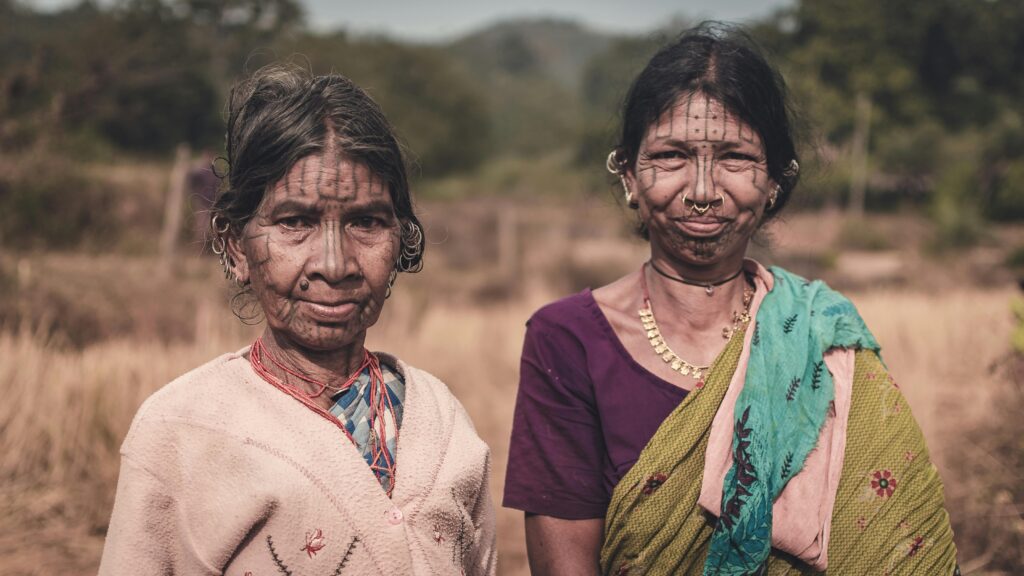In the annals of history, the legacy of conquest often glorifies tales of heroic exploits and triumphant conquests. Yet, beneath the veneer of victory lies a darker narrative—one that chronicles the systematic exploitation and oppression of marginalized communities. Among the most egregiously affected by colonization were Indigenous women, whose voices and experiences have long been overlooked in mainstream historical discourse. In this exploration, we delve into the untold stories of Indigenous women, shedding light on the multifaceted ways in which they were exploited by colonizers and the enduring legacy of their resilience in the face of adversity.
Historical Context:
To understand the exploitation of Indigenous women by colonizers, it is essential to contextualize the historical dynamics at play. Colonization was not merely a conquest of land but also a conquest of cultures, traditions, and identities. Indigenous societies, which often revered women as spiritual leaders, healers, and decision-makers, were systematically dismantled by European colonizers who imposed patriarchal structures and norms.
Exploitation and Abuse:
Indigenous women faced a myriad of abuses at the hands of colonizers, ranging from physical violence to cultural erasure. The pervasive myth of the “savage” Indigenous woman served to justify acts of sexual violence and exploitation perpetrated by colonizers. Indigenous women were often viewed as exotic objects to be conquered and possessed, their bodies treated as commodities for the gratification of colonizers.
The legacy of this exploitation is evident in the enduring prevalence of violence against Indigenous women today. From missing and murdered Indigenous women to disproportionately high rates of sexual assault and domestic violence, the echoes of colonization continue to reverberate through Indigenous communities.
Economic Exploitation:
Beyond physical violence, Indigenous women were also subjected to economic exploitation by colonizers. The imposition of European economic systems disrupted traditional Indigenous economies, relegating Indigenous women to subordinate roles within colonial economies. Indigenous women were often forced into labor-intensive tasks such as domestic servitude, agricultural work, and resource extraction, all while receiving little to no compensation for their contributions.
Cultural Erasure:
Perhaps most insidious of all was the cultural erasure inflicted upon Indigenous women by colonizers. The imposition of European religious and educational systems sought to eradicate Indigenous languages, beliefs, and practices, severing Indigenous women from their cultural roots and ancestral knowledge. The suppression of Indigenous cultural practices not only deprived Indigenous women of their identities but also perpetuated a cycle of intergenerational trauma that continues to impact Indigenous communities today.
Resilience and Resistance:
Despite centuries of exploitation and oppression, Indigenous women have persevered with remarkable resilience and resistance. From the leadership of figures like Sacagawea and Pocahontas to contemporary activists fighting for Indigenous rights, Indigenous women have been at the forefront of movements for social justice and cultural revitalization. Through art, activism, and storytelling, Indigenous women continue to reclaim their voices and assert their inherent worth and dignity.
Conclusion:
The legacy of conquest casts a long shadow over Indigenous communities, particularly Indigenous women who bore the brunt of colonization’s brutality. Yet, amidst the darkness, there shines a beacon of hope—a testament to the resilience, strength, and determination of Indigenous women to reclaim their identities and assert their sovereignty. As we confront the injustices of the past and work towards a more equitable future, let us center the voices and experiences of Indigenous women, honoring their legacy and amplifying their calls for justice and healing.







